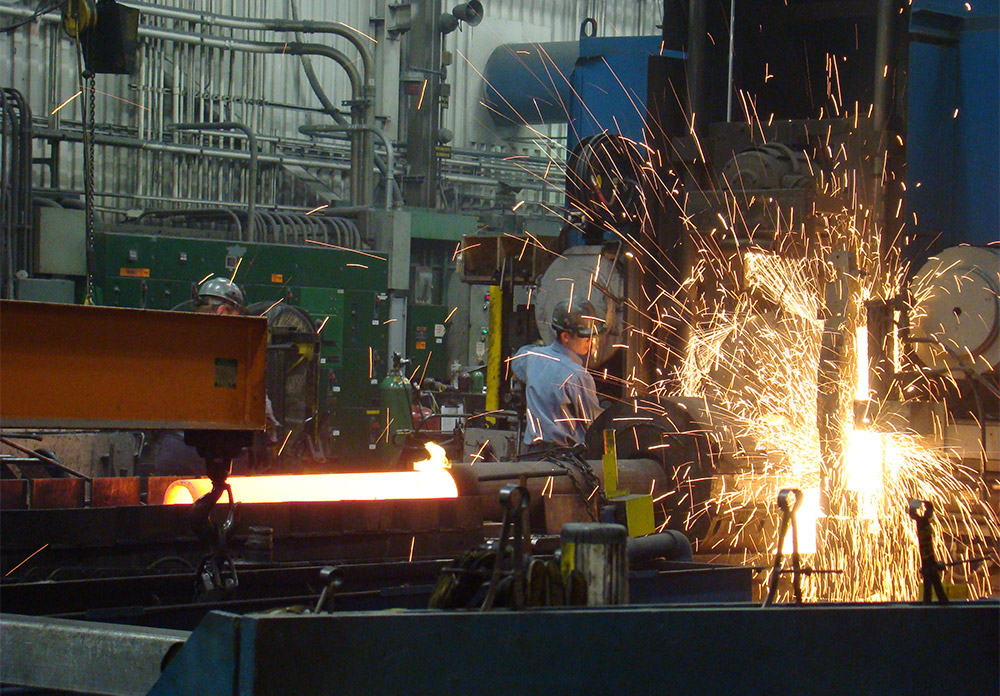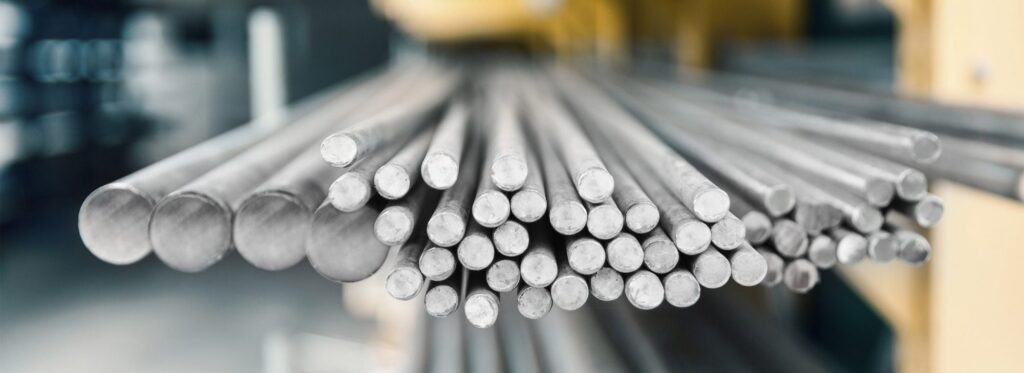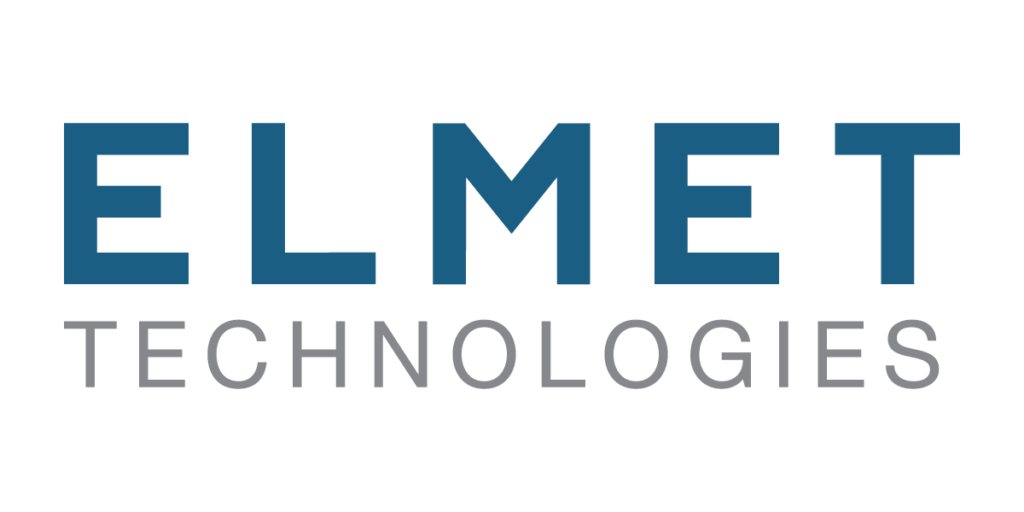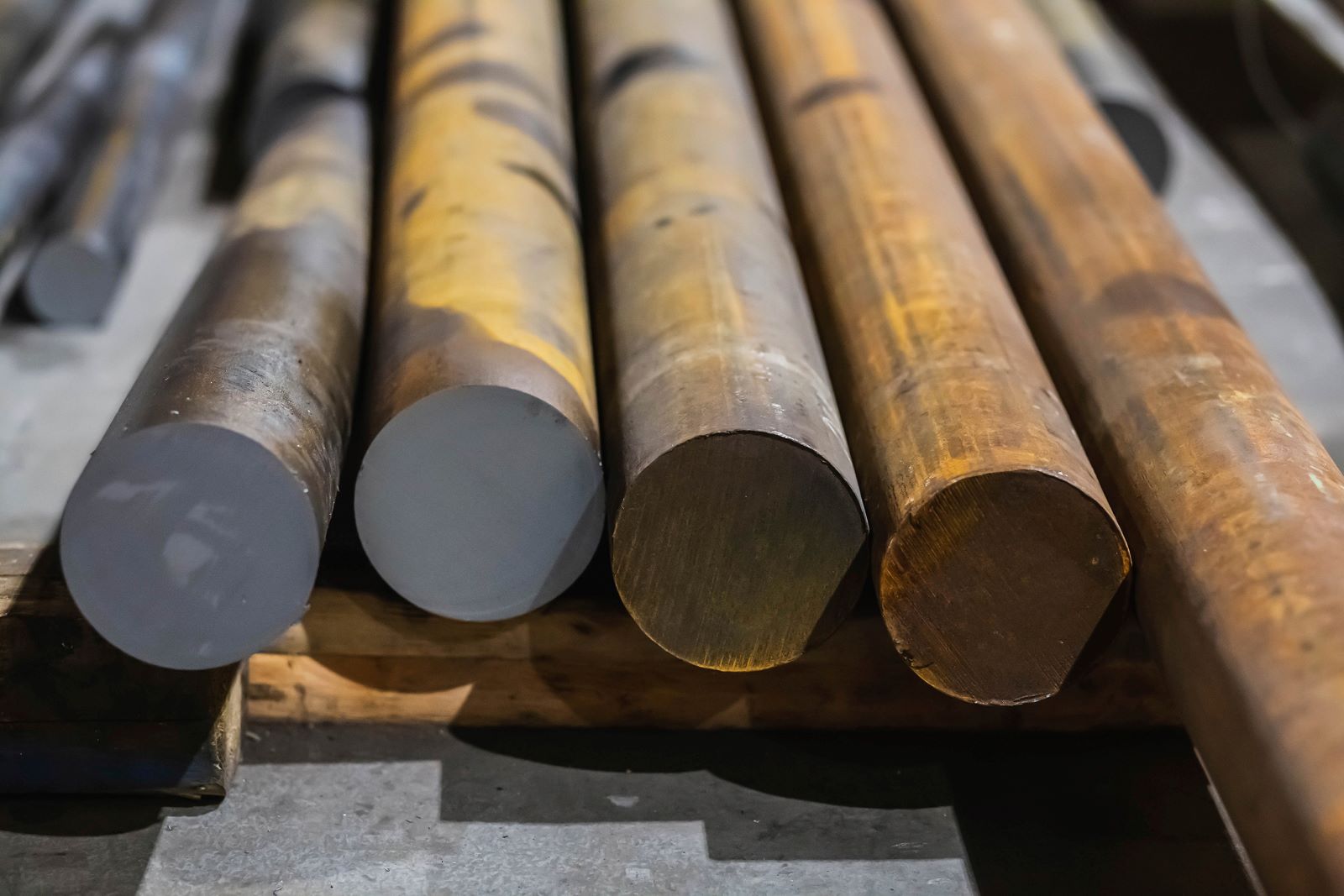
Benefits of Niobium
Niobium is a highly versatile and in-demand metal with a wide range of benefits and applications across key industries such as defense, aerospace, nuclear power, and electronics. At Elmet Technologies, we leverage advanced manufacturing expertise and process development to deliver custom niobium solutions that meet our customers’ needs.

Niobium excels among refractory metals with its impressive melting point of 2477°C and relatively low density, comparable to copper and nickel, making it the lightest in its category. Its exceptional ductility at room temperature enhances its adaptability, making it one of the most versatile materials available.
Elmet Technologies leverages expertise in manufacturing and process development to create custom niobium solutions for its customers.
Niobium and C103 Alloy Benefits
Our pure niobium and C103 metal materials deliver exceptional chemical stability, high-temperature resilience under extreme conditions.
- High-Temperature Resilience – C103 is built for extremes, maintaining structural stability and performance in environments over 2600°F. From rocket engines to turbine systems, it powers innovation.
- Uncompromising Purity – When purity is key, niobium stands out. Its outstanding corrosion resistance and biocompatibility make it ideal for medical implants and advanced industrial applications.
- Durability and Longevity – Both materials are optimized for long-term performance, resisting wear and tear even under the most demanding conditions.
- Lightweight Superiority – The lightweight nature of pure niobium and C103 ensures operational efficiency without sacrificing strength or capability, a perfect balance for cutting-edge applications.
Advantages of Niobium Alloys for Chemical Applications
Niobium resists metal and chemical corrosion better than most materials. It withstands corrosive conditions like mineral acids, organic acids, liquid metals, and salts while remaining lightweight. Manufacturers achieve this high resistance without adding extra weight.
You can also form niobium at relatively low temperatures. Industries widely use its alloys in chemical processing to handle substances such as hydrochloric acid, nitric acid, sulfuric acid, chromic acid, organic acids, salts, and liquid metals.
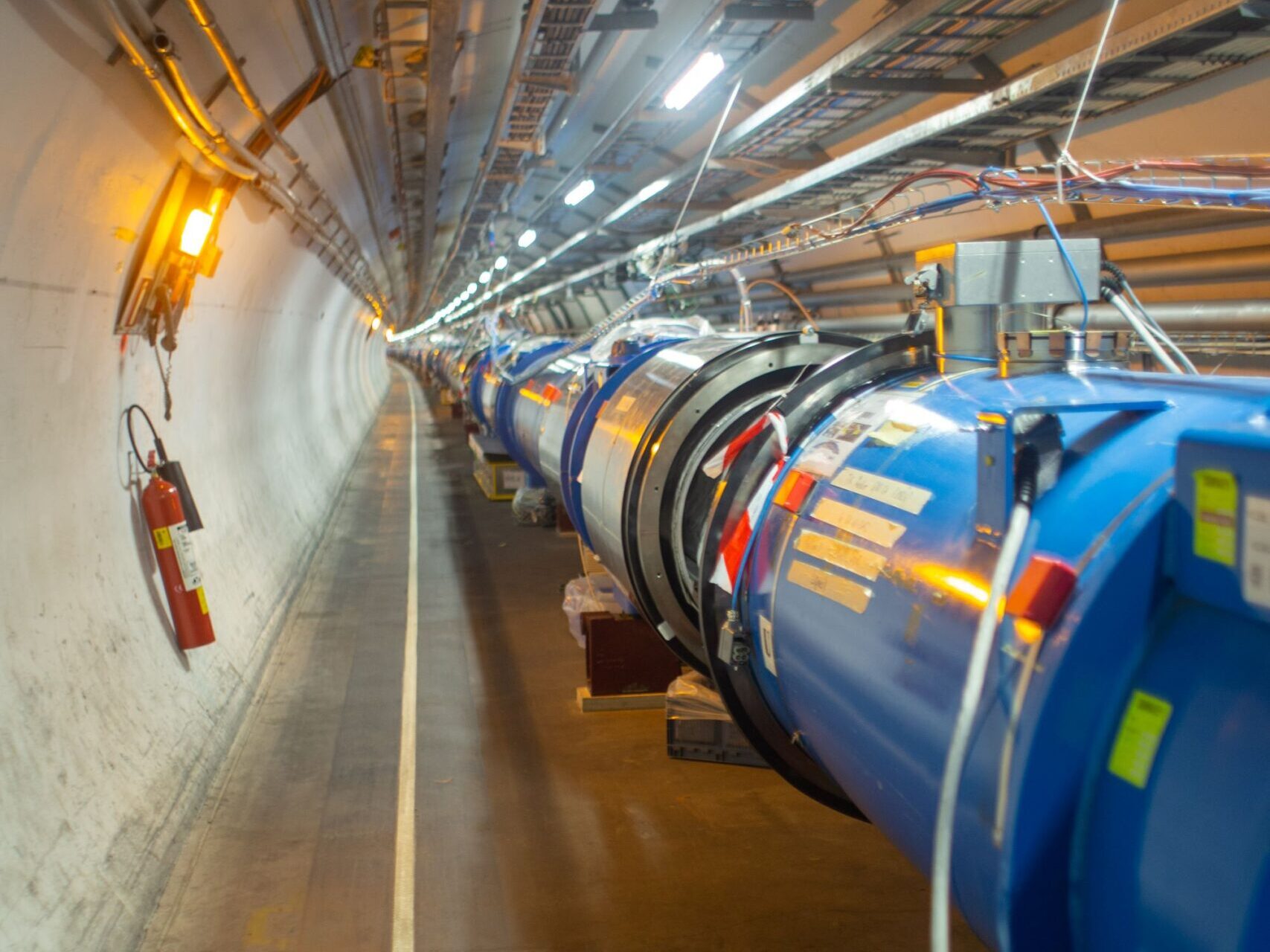
Unique Properties of Niobium as a Superconductor
Niobium demonstrates outstanding superconducting properties, including high thermal conductivity, a high melting point, good corrosion resistance, and a low neutron capture cross-section. It holds the highest critical temperature among all elemental superconductors, reaching 9.3K.
This makes niobium the preferred material for creating superconducting alloys that operate at higher temperatures, such as niobium-tin (Nb3Sn) and niobium-germanium (Nb3Ge).
Strength and Versatility of Niobium
Adding niobium increases steel’s strength by more than 30%. As a result, iron and steel producers consume about 85-90% of the world’s niobium. The niobium alloy C-103 delivers low density and exceptional strength across a wide temperature range.
Engineers have used C-103 in propulsion and space exploration technologies almost since the start of the space age. Manufacturers construct nearly all jet fighter engines in the USA using niobium alloy.
